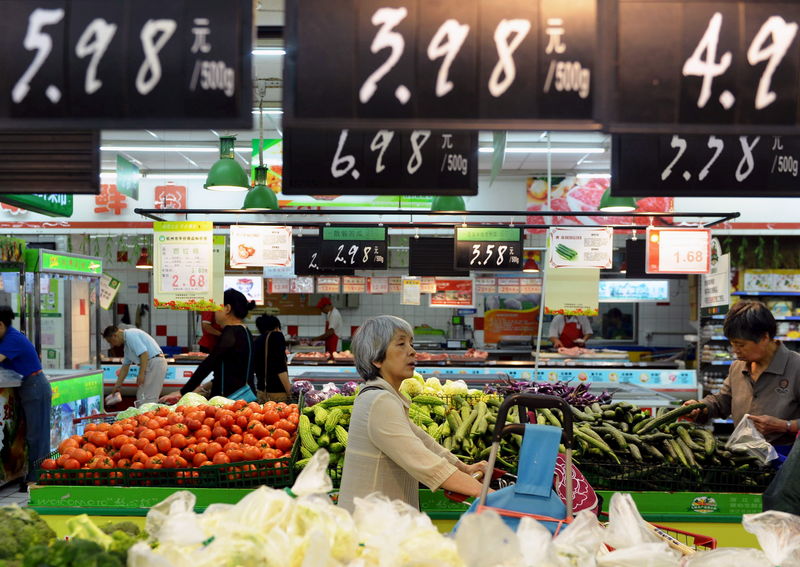By Swati Pandey and Jonathan Barrett
SYDNEY (Reuters) - Australia might be missing out on up to A$1 billion ($763.30 million) in uncollected taxes annually from Chinese agents who ship food back home to meet insatiable demand from a booming middle class.
There are 40,000 so-called Chinese 'daigou' in Australia making anywhere between A$40,000 to A$100,000 a year selling sought after products like baby milk formula, vitamins and organic cosmetics in China, according to industry consultants.
Most of that income earned by daigou - meaning 'buy on behalf of' in Chinese - is unlikely to be declared, said Benjamin Sun, director at consultancy ThinkChina.
"A Chinese consumer pays the daigou in renminbi. The daigou buys the product using the Australian dollar and then ship it," said Sun.
The sector, almost non-existent just three years ago, is another tax headache for Australian Treasurer Scott Morrison who is overseeing a national crackdown on corporate tax loopholes targeted at major companies including Google Inc (NASDAQ:GOOGL) and miners BHP Billiton (LON:BLT) and Rio Tinto (LON:RIO).
Daigou first made waves in Europe shipping luxury items like Gucci handbags to China's growing middle class. Demand from Australia, stoked by health-conscious affluent Chinese, is mainly for dairy, general produce and health products.
Paul Drum, head of policy at accounting body CPA Australia, said the tax take equated to up to $1 billion - based on the industry estimates of the number of daigou and their annual earnings - when Australia's sliding tax scale and tax-free thresholds were taken into account.
While the transactions almost exclusively occur offshore in daigou bank accounts, making it difficult to track by local tax authorities, the income should be declared where the business is conducted - Australia.
"The fact the fund flows might be going through a foreign bank account and never come into Australia doesn't alleviate the requirement to declare the income as taxable," said Peter Janetzki, a partner in Ernst & Young's international tax services team.
Daigou operate through an established network of prospective customers on popular Chinese online messaging app WeChat. They typically charge premiums of about 50 percent above the sticker price on Australian store shelves.
While there are some similarities to tax concerns raised with those who buy and sell regularly on online platforms like Ebay (O:EBAY), tracking daigou transactions has been made even more difficult for the Australian Tax Office (ATO) given they tend to take place in China.
The ATO did not respond to requests for comment from Reuters.
CPA's Drum said the growth of the industry represented a "potential tax revenue risk" for Australia but noted that the concept of exporting by individuals was not new.
"It is not surprising that (the number of daigou) is growing, given both the increasing overseas consumer demand for Australian-sourced quality products and the rise of digital communications."
(This versoin of the story corrects translation of 'daigou' in 3rd paragraph)
